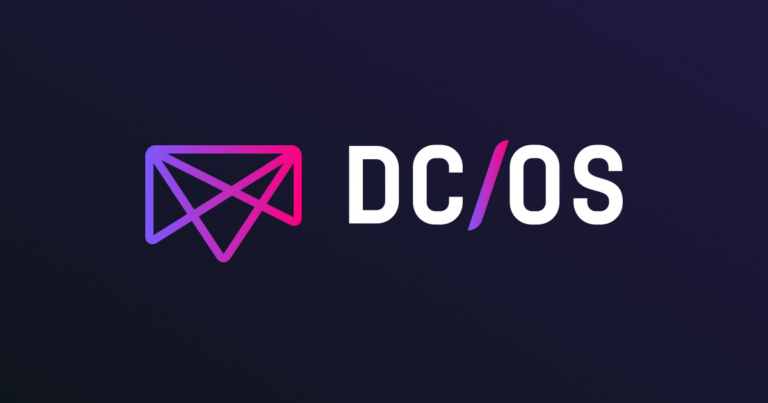
Mesosphere shot a slew of new products into orbit today, hitting a brace of buzzwords on the way with fresh offerings for Kubernetes and machine learning.
In a blogpost, Edward Hsu, vp of product marketing, announced version 1.12 of its DC/OS platform – that’s datacentre operating system to you. DC/OS is pitched as an “enhanced cloud platform” which can support traditional, cloud native and data-driven applications across multi-cloud and edge infrastructures.
The new version includes a Universal Cloud installer, which it claims, “offers an intuitive, streamlined installation to spin up a DC/OS cluster with four easy steps in 10 minutes.” 1.12 also adds LDAP integration, and a “Private Package Registry” which it says allows the creation of “an internal service catalog that’s completely air-gapped….Developers have instant access to software while IT maintains control.”
Other changes include improved internal metrics, with support for Telegraf and Prometheus.
In the post, Hsu said on-prem IT wasn’t going anywhere, and its customers were now more likely to be hybrid cloud than cloud only, with a quarter of its users working across multiple cloud providers. Sometimes this is not a choice, as CloudBees CEO Sacha Labourey told us earlier this week.
Mesosphere has also doubled down on Kubernetes, with the launch of a Mesosphere Kubernetes Engine. Kubernetes’ rapid takeup has led to “numerous unique solutions, many of which fall out of the visibility of central IT”, said Hsu, which we think is a polite way of saying it’s a mess out there.
Its engine, it says, offers a “centralized self-service control plane for IT organizations to manage multiple Kubernetes clusters, on multi-cloud, datacenter, and edge infrastructures”. It also claims to “automagically” apply Kubernetes best practices around installation, upgrades, high availability, performance and security.
Just to ensure it has covered all the bases, Mesosphere has launched Mesosphere Jupyter Service, which is currently in beta. The service will pre-integrate “all the tools data scientists need to be productive, and lets them work directly against enterprise data sources on any infrastructure”. It adds that DC/OS provides a general purpose resources pool for model training, meaning data scientists notebooks are integrated with high performance customer computing resources, rather than isolated gateway nodes. The result? Faster model training.
Bringing some traditional IT discipline – and efficiency – to data science and machine learning is a theme of the moment, with a number of speakers at MCubed last week outlining what practitioners could learn from DevOps. MLflow, from Databricks, which shares some underlying DNA with Mesosphere, also aims at bringing some lifecycle management and efficiency to machine learning.
